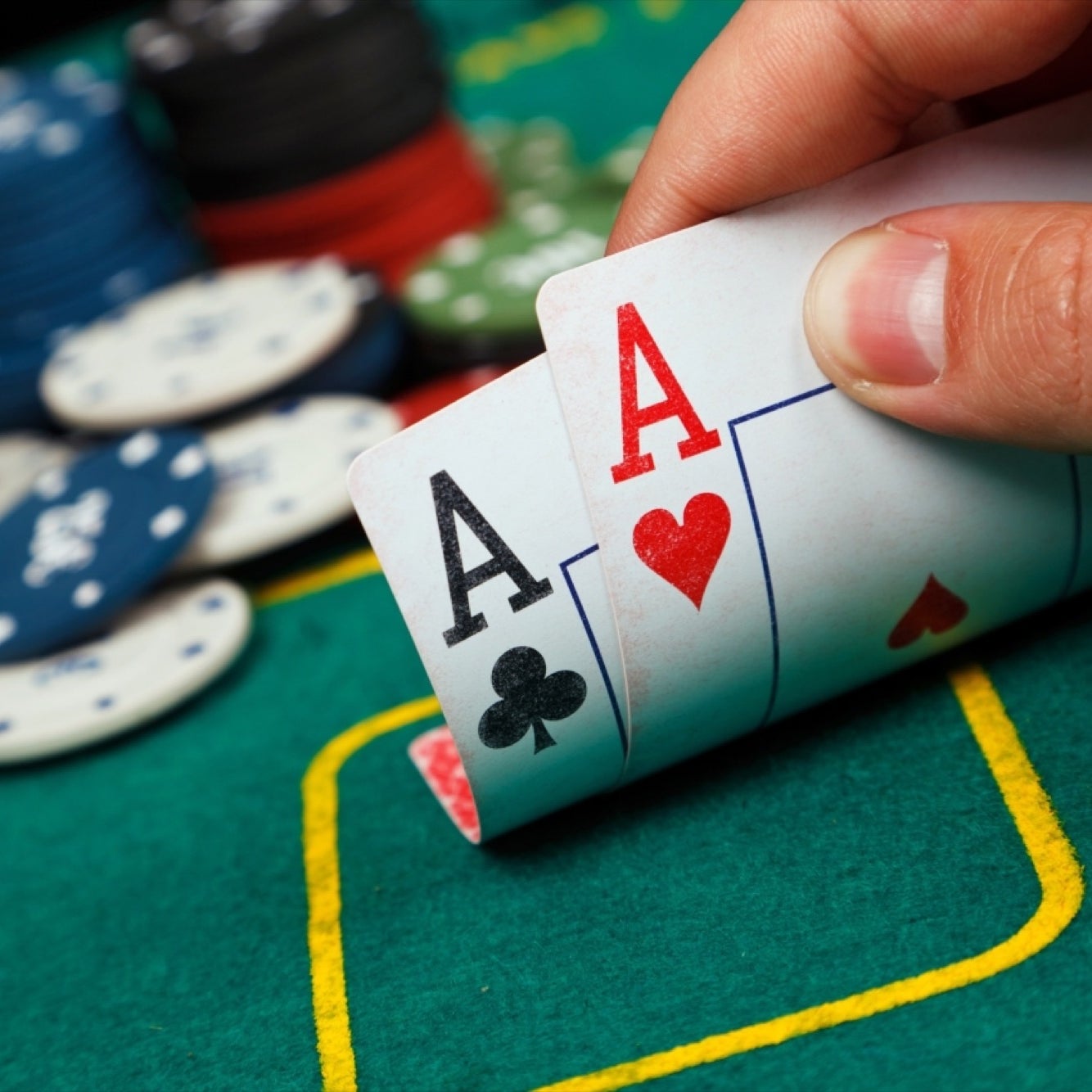
Poker is a card game that involves betting and bluffing, with a high element of chance. While the outcome of a hand often relies on luck, good players can reduce the amount of luck in their games by playing conservatively and making smart decisions. They can also improve their decision-making skills by practicing and learning from the mistakes they make.
There are many different ways to play poker, and each has its own rules. Some games are played in a casino setting, while others are played in homes or at friendly tournaments. The type of environment in which you play will determine how competitive and stress-inducing the game will be, so it is important to find a place that suits your needs.
The first step in learning how to play poker is to develop a basic strategy and get some experience. This will help you improve your poker skills and learn to read opponents better. Once you have mastered the basics, you can start to experiment with more advanced concepts such as 4-bets and semi-bluffing.
One of the most important skills that you will learn when playing poker is how to control your emotions and remain calm under pressure. This is a critical skill that can help you deal with difficult situations in other areas of your life. It is also important to understand how to read your opponents and be aware of their tendencies. This can help you make the best decisions in the game, and it can even improve your mental health.
Another important aspect of poker is determining what your opponent has in their hand. This can be done by analyzing their body language and looking for physical tells. Alternatively, it can be done by examining their betting patterns over time. For example, you may notice that a player always raises the pot when they have a good hand, or that they are prone to folding after the flop. Using these techniques will help you become a more effective player and win more money.
Poker is also a great way to improve your math skills. It is a simple game to learn, and it will give you a better understanding of probability. By playing poker regularly, you will quickly learn to calculate odds in your head, which will come in handy when making big decisions in other areas of your life.
Finally, poker will help you improve your money management skills by teaching you how to budget and plan for the future. You will also learn how to manage your bankroll effectively and avoid going broke. It is also important to remember that poker is a gambling game, and you can lose money at any point in the game. Therefore, you should never bet more than you can afford to lose. This will help you build your bankroll and stay in the game for longer. Also, you should know when to quit if you are losing too much.